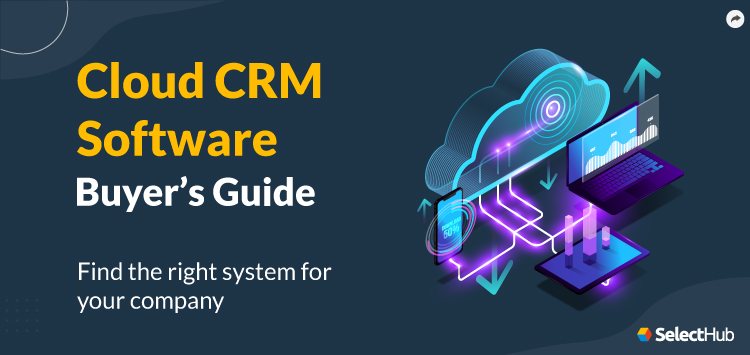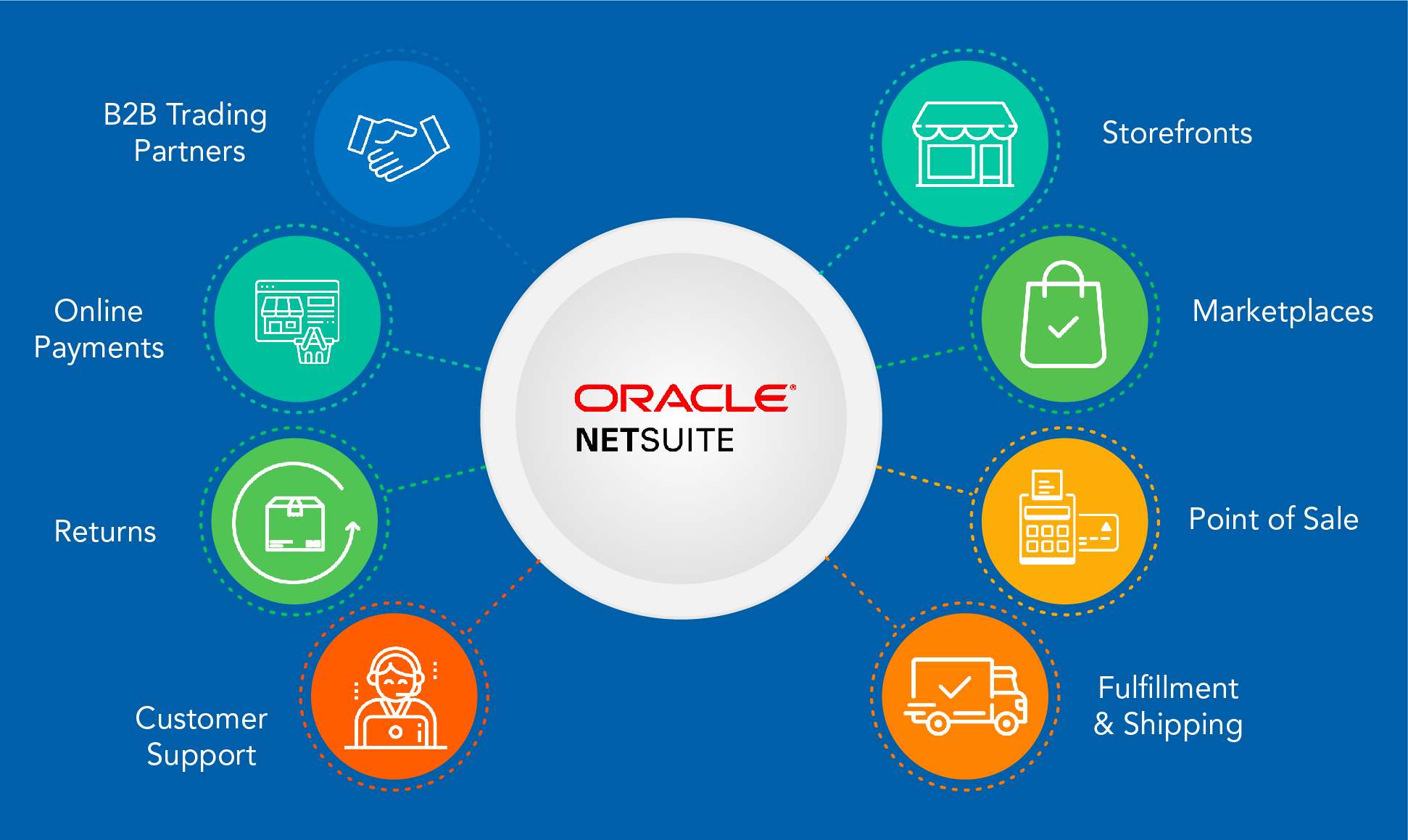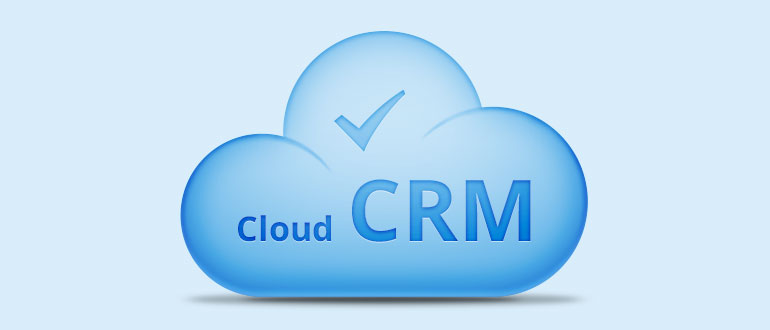CRM cloud software is transforming the way businesses manage customer relationships, offering a comprehensive suite of tools to streamline operations and enhance customer experiences. From leading solutions like Salesforce and HubSpot to emerging players, CRM cloud software empowers businesses to centralize customer data, automate workflows, and gain valuable insights to drive growth.
With its cloud-based architecture, CRM cloud software offers unparalleled flexibility, scalability, and accessibility, enabling businesses to access their customer data and manage relationships from anywhere, anytime. Unlike traditional on-premise systems, CRM cloud software eliminates the need for costly hardware and IT maintenance, reducing the burden on IT resources and freeing up businesses to focus on core competencies.
Introduction to CRM Cloud Software
CRM (Customer Relationship Management) cloud software is a cloud-based solution that enables businesses to manage and track customer interactions and data. It provides a centralized platform for managing customer relationships, sales, marketing, and customer service.
CRM cloud software offers several benefits, including:
- Improved customer relationship management
- Increased sales efficiency
- Enhanced marketing effectiveness
- Improved customer service
- Reduced costs
Leading CRM Cloud Software Solutions
Some leading CRM cloud software solutions include:
- Salesforce
- Microsoft Dynamics 365
- Oracle Siebel CRM
- SAP Hybris Cloud for Customer Engagement
- Zoho CRM
Key Features and Functionality

CRM cloud software provides a comprehensive suite of features that enable businesses to manage their customer relationships effectively. These features include:
- Contact management:CRM software allows businesses to store and organize customer information, including contact details, demographics, and interaction history.
- Sales pipelines:CRM software helps businesses track the progress of sales opportunities through various stages of the sales process, from lead generation to closing.
- Customer support:CRM software provides tools for managing customer support requests, including ticket tracking, knowledge base management, and live chat.
Advantages of Cloud-Based CRM
Cloud-based CRM offers several advantages over traditional on-premise systems, including:
- Accessibility:Cloud-based CRM can be accessed from anywhere with an internet connection, making it easy for employees to work remotely or on the go.
- Scalability:Cloud-based CRM can be easily scaled up or down to meet the changing needs of a business.
- Cost-effectiveness:Cloud-based CRM is typically more cost-effective than on-premise systems, as businesses only pay for the features they need.
Implementation and Integration

Implementing CRM cloud software involves careful planning, preparation, and execution to ensure a successful transition. The process typically consists of several key steps:
- Assessment and Planning:Define business objectives, assess current processes, and develop an implementation roadmap.
- Data Migration:Transfer existing customer data from legacy systems to the CRM cloud platform.
- Configuration and Customization:Tailor the CRM software to align with specific business requirements, workflows, and user roles.
- Training and Adoption:Provide comprehensive training to users on the new CRM system, fostering understanding and maximizing adoption.
- Deployment and Go-Live:Launch the CRM cloud software and monitor its performance, making adjustments as needed.
Integration with Other Business Systems
Integrating CRM cloud software with other business systems is crucial for creating a seamless and cohesive business environment. Common integrations include:
- ERP Systems:Synchronize customer data, orders, and billing information between CRM and ERP systems.
- Marketing Automation:Connect CRM with marketing automation tools to streamline lead generation, nurturing, and campaign management.
- E-commerce Platforms:Integrate CRM with e-commerce systems to track customer purchases, manage orders, and provide personalized shopping experiences.
- Social Media Platforms:Monitor social media interactions, track customer sentiment, and engage with customers through integrated social media management tools.
Pricing and Licensing

CRM cloud software pricing models vary depending on the vendor, features offered, and number of users. Understanding the different pricing options and considering factors such as business needs and budget is crucial when choosing a pricing plan.
Pricing Models
- Per-user pricing:Charges a fixed fee per user, making it suitable for businesses with a predictable number of users.
- Tiered pricing:Offers different pricing tiers based on the number of users or features included, providing flexibility for businesses with varying needs.
- Usage-based pricing:Charges based on the actual usage of the software, such as the number of transactions or storage space consumed, allowing businesses to pay only for what they use.
- Freemium model:Provides a basic version of the software for free, with additional features available for a premium subscription, catering to businesses with limited budgets.
Case Studies and Success Stories
CRM cloud software has proven to be a valuable tool for businesses of all sizes. Here are a few case studies of organizations that have successfully implemented CRM cloud software and achieved significant benefits:
Increased Sales and Improved Customer Relationships, Crm cloud software
- Company:ABC Corporation
- Industry:Manufacturing
- Results:Increased sales by 15% and improved customer satisfaction by 20%.
ABC Corporation implemented a CRM cloud solution to better manage its customer relationships. The software provided the company with a centralized view of all customer data, including contact information, purchase history, and support interactions. This data enabled ABC Corporation to identify and target high-value customers, personalize marketing campaigns, and provide better customer service.
Streamlined Operations and Reduced Costs
- Company:XYZ Company
- Industry:Healthcare
- Results:Reduced operating costs by 10% and improved efficiency by 15%.
XYZ Company implemented a CRM cloud solution to streamline its operations and reduce costs. The software automated many of the company’s manual processes, such as lead generation, appointment scheduling, and customer support. This freed up the company’s employees to focus on more strategic initiatives, such as patient care and business development.
Improved Collaboration and Communication
- Company:PQR Company
- Industry:Technology
- Results:Improved collaboration by 20% and reduced communication errors by 15%.
PQR Company implemented a CRM cloud solution to improve collaboration and communication between its sales, marketing, and customer service teams. The software provided the teams with a shared platform to track customer interactions, manage projects, and share information. This improved the company’s overall efficiency and productivity.
Ending Remarks

CRM cloud software is not just a technology investment; it’s a strategic imperative for businesses looking to build lasting customer relationships and drive business success. By embracing the power of CRM cloud software, businesses can gain a competitive edge, improve customer satisfaction, and unlock new opportunities for growth.